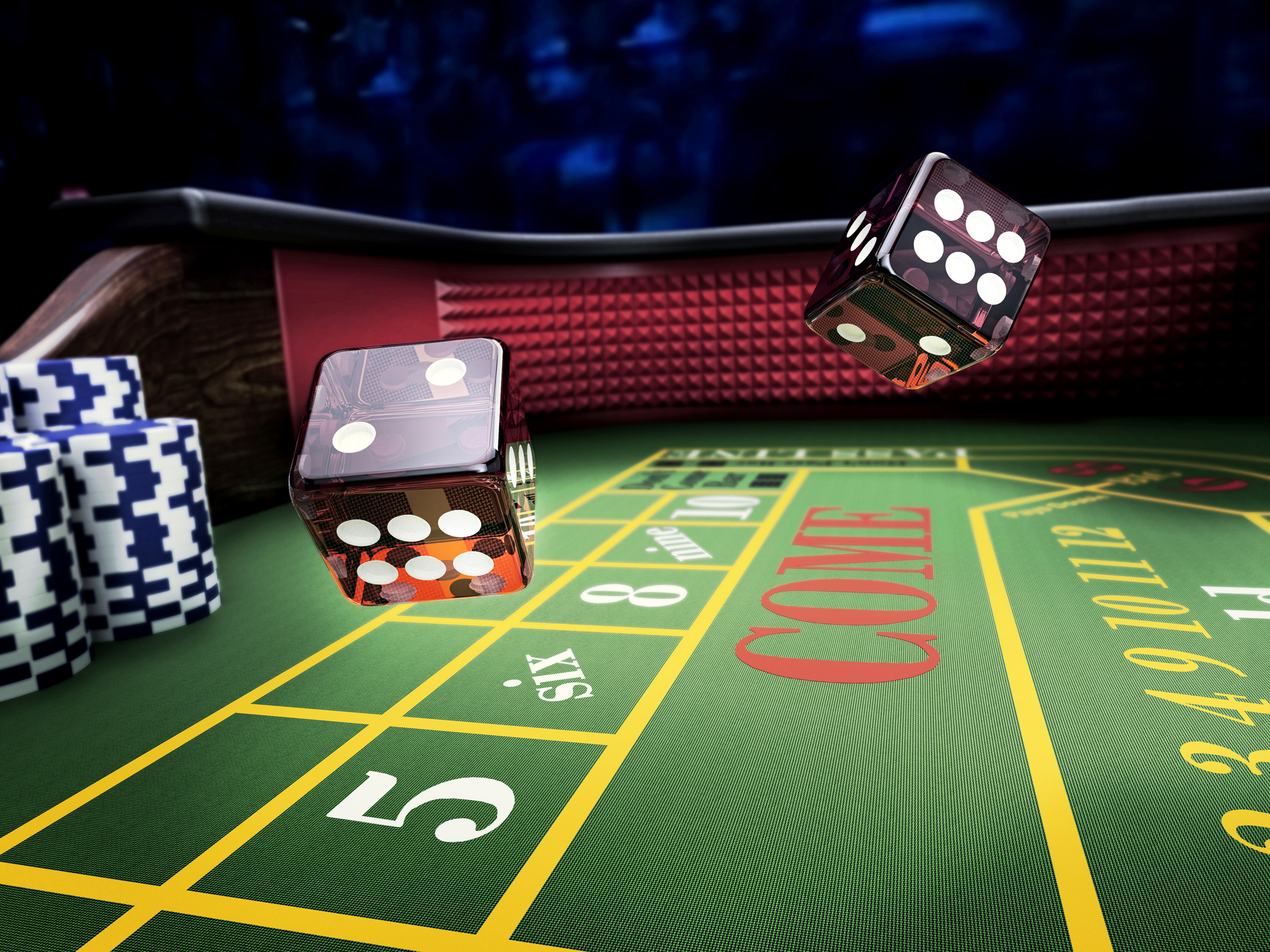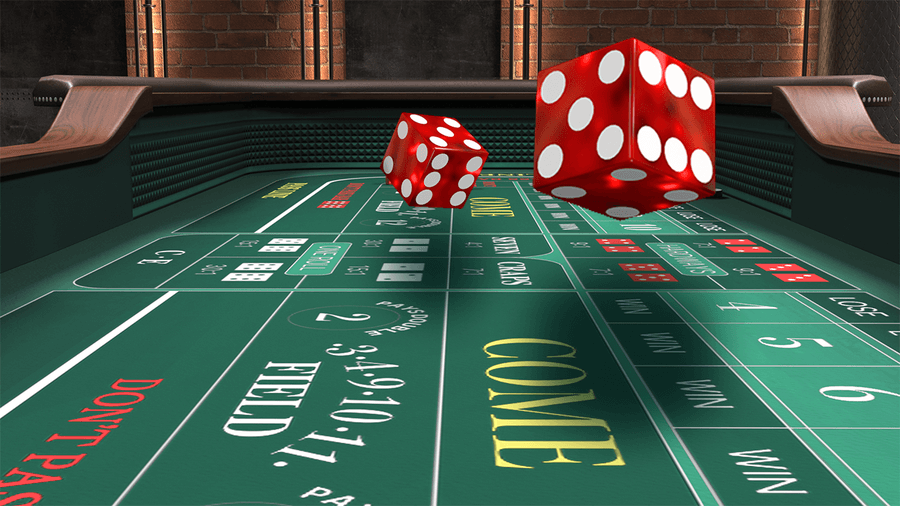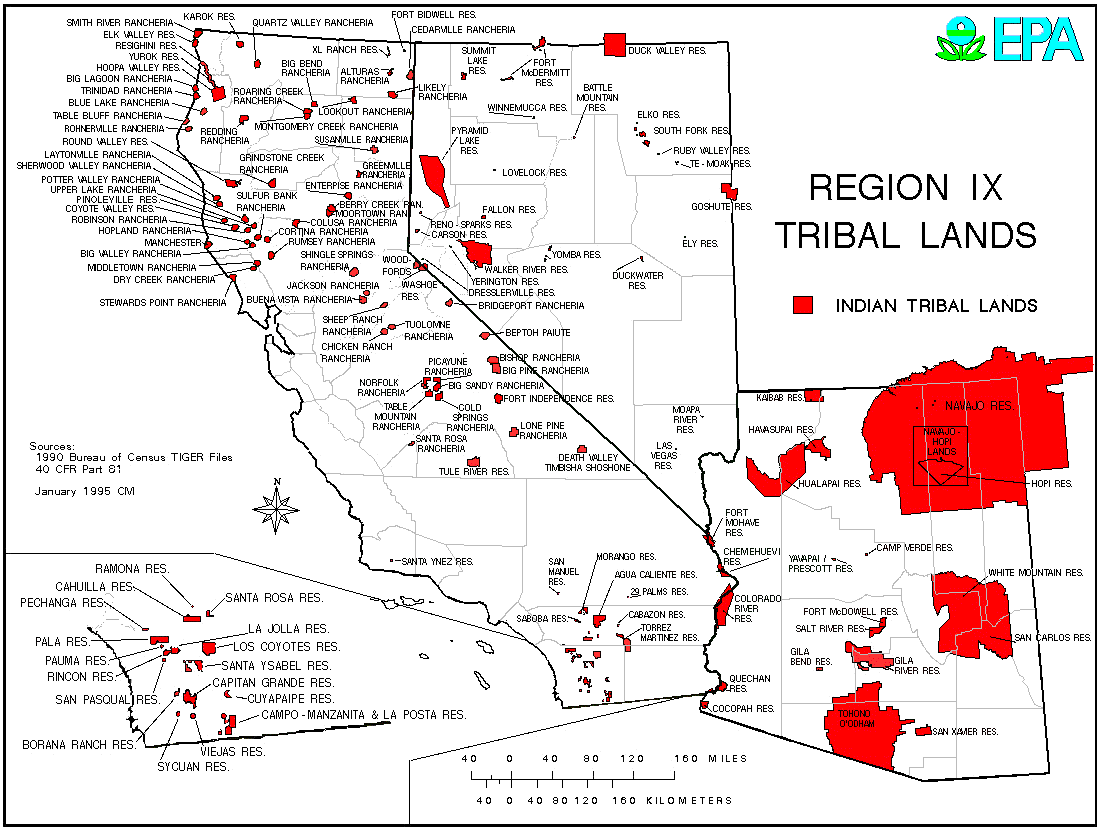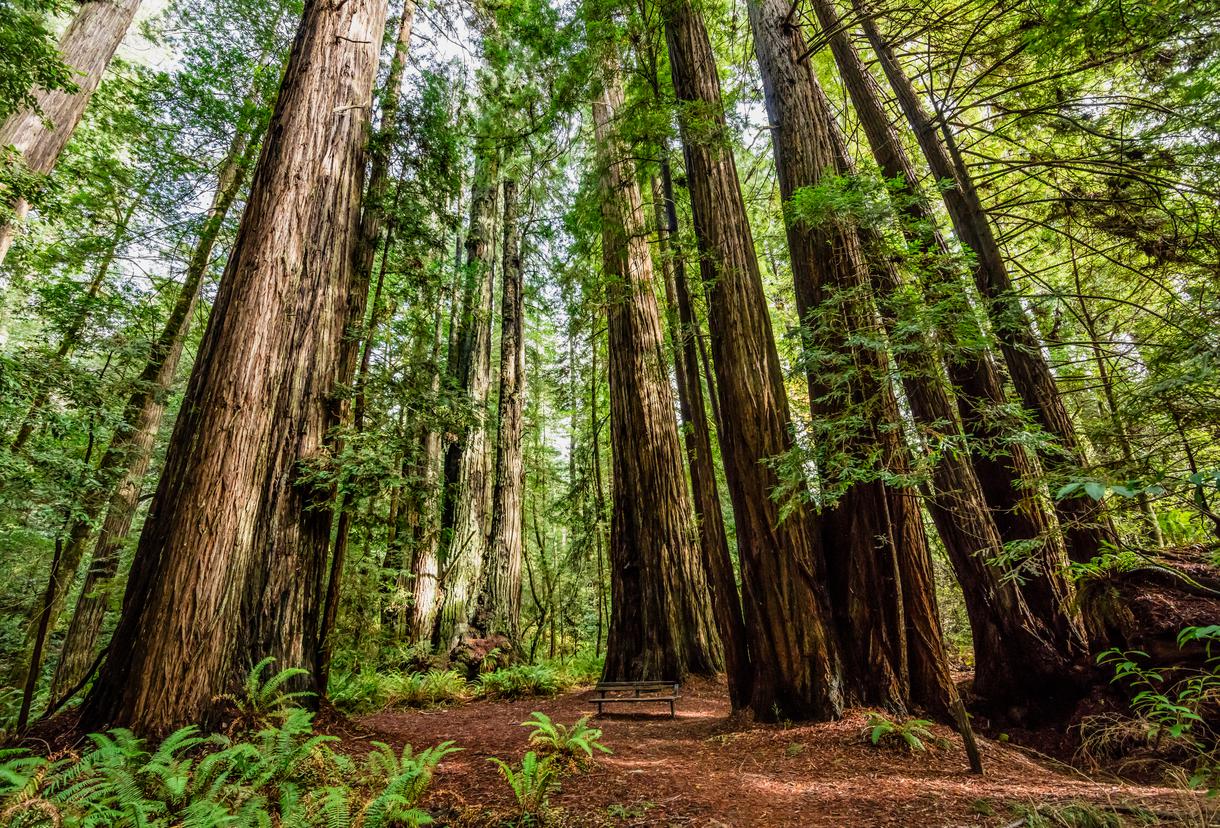Rolling the Dice: How Many Indian Casinos Are Actually Out There?
Rolling the Dice: How Many Indian Casinos Are Actually Out There?

You’ve probably seen them – those flashy casinos with neon signs and tempting promises of big wins. But did you know that many of those casinos are actually owned and operated by Native American tribes? That’s right, the world of gambling in the US is a lot more complex than you might think, especially when it comes to the role of Native American tribes.
So, how many of these tribal casinos are there? It’s not as simple as just counting up the buildings. To understand the answer, we need to dive into the history of Native American gaming and the unique legal framework that governs it.
Related Articles: Rolling the Dice: How Many Indian Casinos Are Actually Out There?
- Uncover the Tapestry of Texas: Unveiling Native American Tribal Heritage
- Unveil the Hidden Treasures of Northeast Texas: Discover the Rich Legacy of Indian Tribes
- Unveiling the Rich Tapestry of "How Many Indian Reservations Are in Virginia"
- Unveiling the Gems: Indian Reservations Near the Grand Canyon
- California’s Rich Tapestry: Unveiling The Many Tribes That Call This Land Home
A History of Gaming and Sovereignty
The story of Indian casinos starts with a complex history of broken promises and legal battles. After centuries of forced relocation and broken treaties, Native American tribes were finally granted some degree of self-determination in the 20th century. The Indian Gaming Regulatory Act (IGRA) of 1988 was a landmark piece of legislation that gave tribes the right to operate casinos on their own lands, but with strict regulations.
The IGRA was a game-changer for many tribes, offering them a chance to generate much-needed revenue and achieve economic self-sufficiency. Think about it – they could finally control their own destinies and create jobs for their communities. But it wasn’t all sunshine and rainbows. The IGRA also sparked controversy, with some arguing that it unfairly gave tribes a competitive advantage in the gambling industry.
The Rise of the Casino Empire
The IGRA paved the way for the rise of tribal casinos across the US. These casinos are now a major force in the gambling industry, generating billions of dollars in revenue each year. But just how many of these casinos are there?
The answer is, surprisingly, not readily available. The National Indian Gaming Commission (NIGC), the federal agency responsible for regulating tribal gaming, doesn’t publish an official list of all casinos. They do, however, track the number of tribal gaming operations, which includes casinos, bingo halls, and other forms of gaming. As of 2023, there were over 500 tribal gaming operations in the US.
Where are the Casinos?
So, where are all these casinos located? You’ll find them scattered across the country, but certain states have a higher concentration than others. California, Oklahoma, and Arizona are known for their large numbers of tribal casinos. These states have a long history of Native American settlements and have been more supportive of tribal gaming than others.

The Impact of Tribal Casinos
The rise of tribal casinos has had a significant impact on both Native American communities and the broader economy. For tribes, casinos have provided a much-needed source of revenue, allowing them to invest in education, healthcare, and infrastructure. They’ve also created thousands of jobs, boosting local economies and improving the quality of life for many tribal members.
But the impact goes beyond the tribal level. Tribal casinos have also become major players in the tourism industry, attracting millions of visitors each year. They’ve also become a source of tax revenue for state and local governments, contributing to the overall economy.
The Future of Tribal Gaming
The future of tribal gaming looks bright. As the industry continues to grow, tribal casinos are likely to play an even greater role in the economy. But there are also challenges on the horizon.

One of the biggest challenges is competition from commercial casinos. As more states legalize gambling, tribal casinos will face increased pressure from commercial operators. They’ll need to stay innovative and adapt to the changing market to remain competitive.
Another challenge is the ongoing debate over the legality of online gambling. As more states legalize online gambling, it’s unclear how this will affect tribal casinos. Some tribes are already exploring ways to participate in the online gaming market, but the legal landscape is still evolving.
The Bottom Line
So, how many Indian casinos are there in the US? While there’s no official count, the number of tribal gaming operations in the US is over 500. These casinos are a testament to the resilience of Native American tribes and their ability to create economic opportunity for their communities.
The future of tribal gaming is full of possibilities, but also challenges. As the industry continues to evolve, it’s clear that tribal casinos will play a significant role in shaping the future of gambling in the US.

FAQ: Indian Casinos in the US
Q: Are all Native American tribes allowed to operate casinos?
A: No. The Indian Gaming Regulatory Act (IGRA) only allows tribes to operate casinos if they meet certain criteria, including having a gaming compact with the state in which they are located.
Q: What is a gaming compact?
A: A gaming compact is an agreement between a tribe and a state that outlines the terms under which the tribe can operate casinos. It often includes provisions on the types of games that can be offered, the tax rate on gaming revenue, and the regulatory oversight of the casino.
Q: What are the benefits of tribal casinos for Native American communities?
A: Tribal casinos provide a source of revenue for tribes, allowing them to invest in education, healthcare, and infrastructure. They also create jobs for tribal members and contribute to the overall economic development of tribal communities.
Q: What are the challenges facing tribal casinos?
A: Tribal casinos face competition from commercial casinos, the evolving legal landscape of online gambling, and the need to adapt to changing consumer preferences.
Q: What is the future of tribal gaming?
A: The future of tribal gaming is uncertain, but it’s likely that tribal casinos will continue to play a significant role in the gambling industry. They will need to adapt to the changing market and find ways to remain competitive in the face of increasing competition.

Closure
Thus, we hope this article has provided valuable insights into Rolling the Dice: How Many Indian Casinos Are Actually Out There?. We hope you find this article informative and beneficial. See you in our next article!


